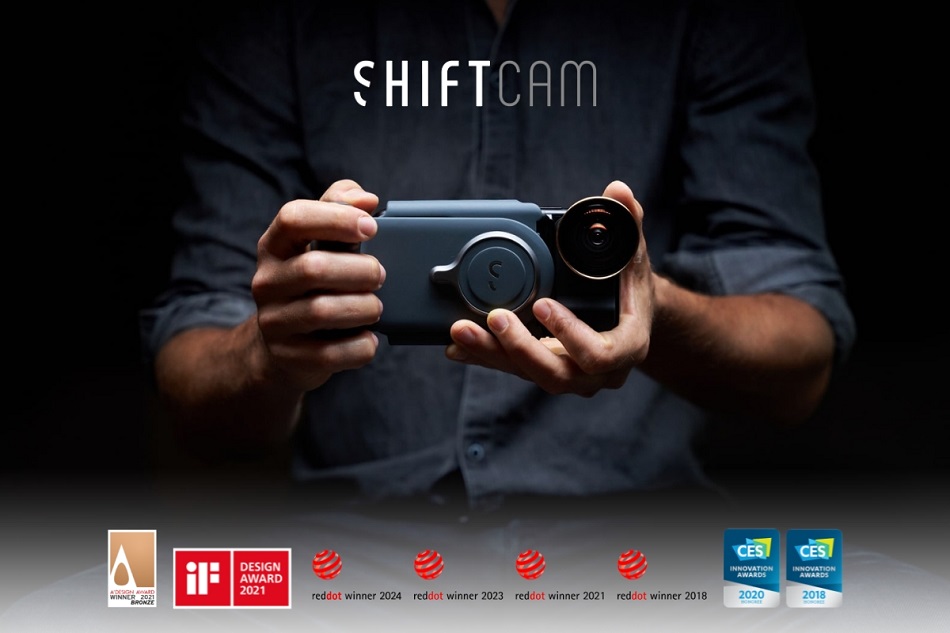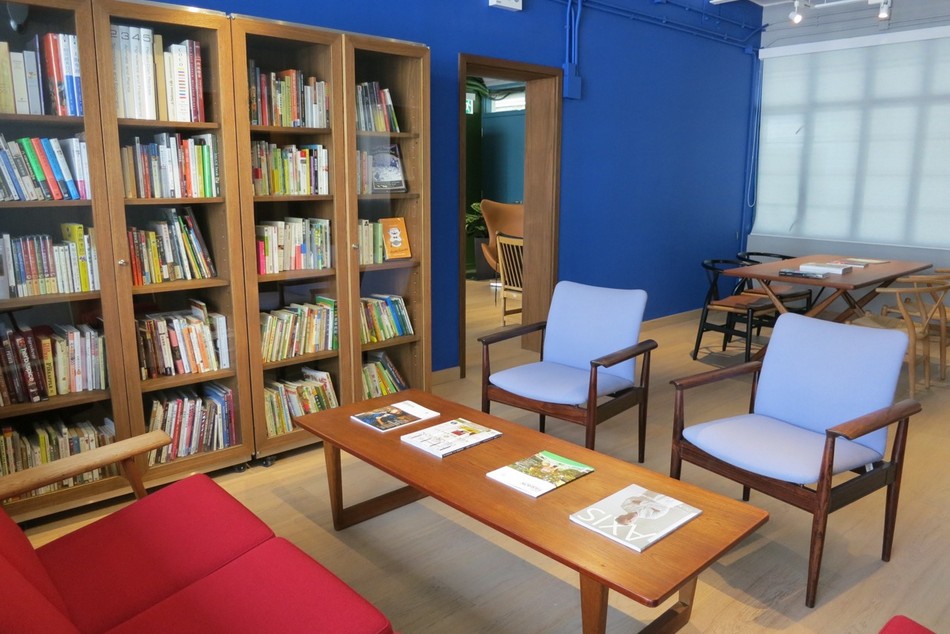PMQ Corner #07
Original Found
Found MUJI
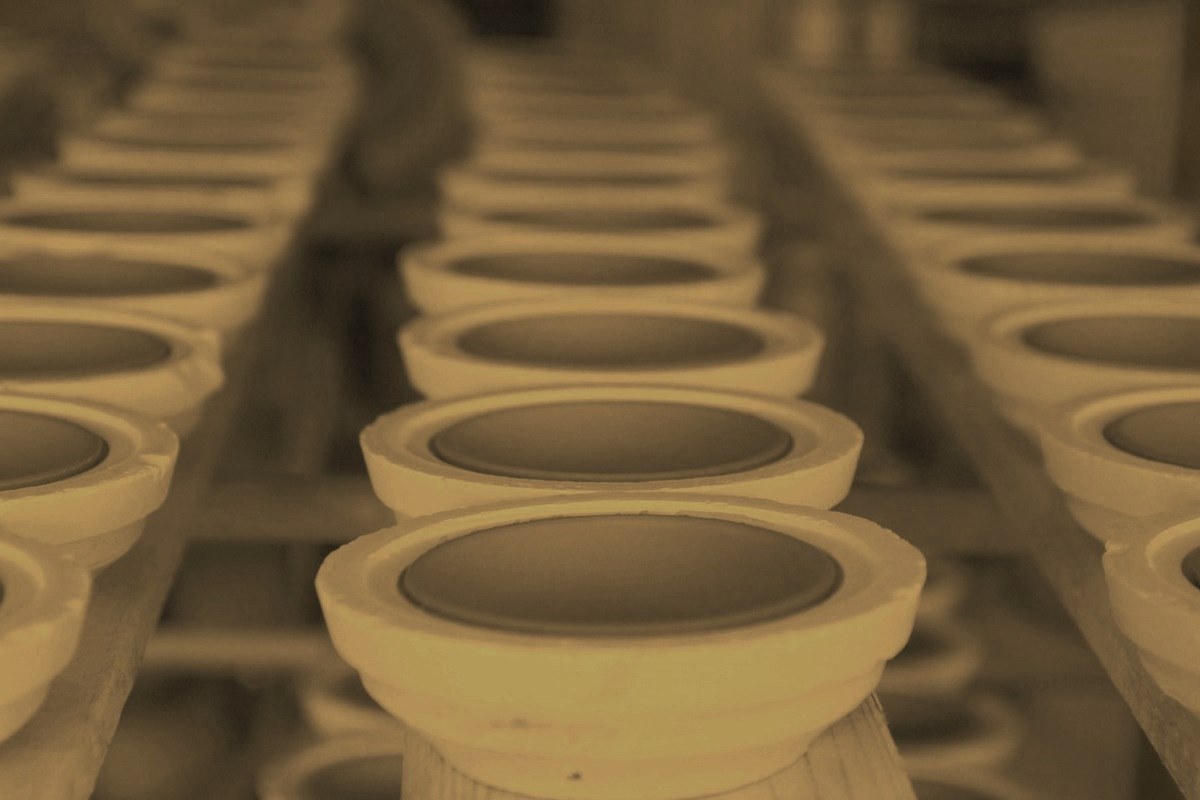
Written by Linus
Translated by Derek Leung
Photos by BeCandle
While everyone resorts to something even much trendier and more up-to-date in the current flood of novel design products, design guru Naoto Fukasawa would rather escape from the crowd and have an in-depth talk with MUJI:
How many new designs do we really need in this world?
Is there anything missing and being ignored in the present crazy innovation process?
To respond, since 2003, MUJI team has not only eventually delivered new designs, but also sent its staff all over the world to look for and investigate good old living items.
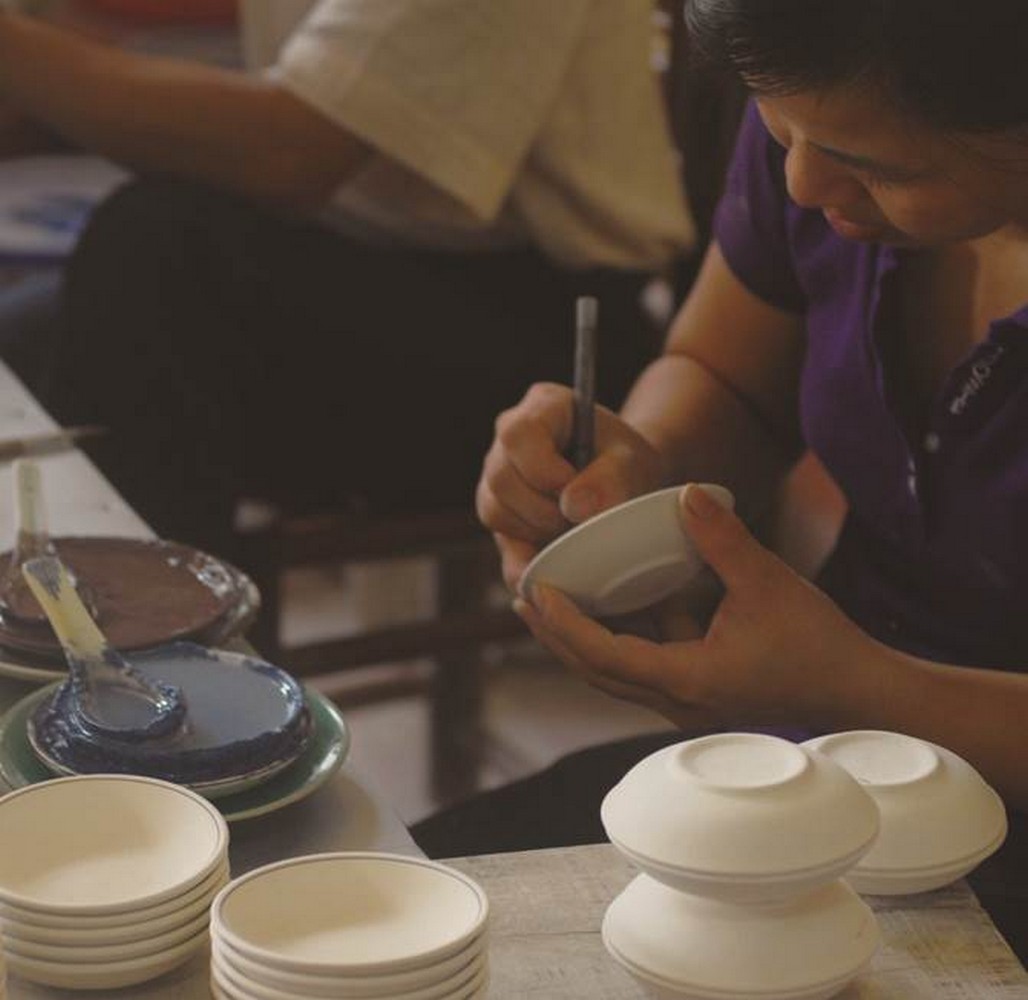
The Found MUJI team travels around the world to find exclusive designs.
Three years ago, the inceptive MUJI shop in Aoyama, Tokyo was repositioned into the first Found MUJI concept store in Japan, rousing all years-long followers into astonishment: all familiar clothes and household goods are gone and replaced with daily living items from Asia and Europe including French enamel, Indian utensils and Thai accessories. Most of the brands are not famous but all of them are the representation of wisdom and tradition, and most importantly, almost the necessities of a real life.
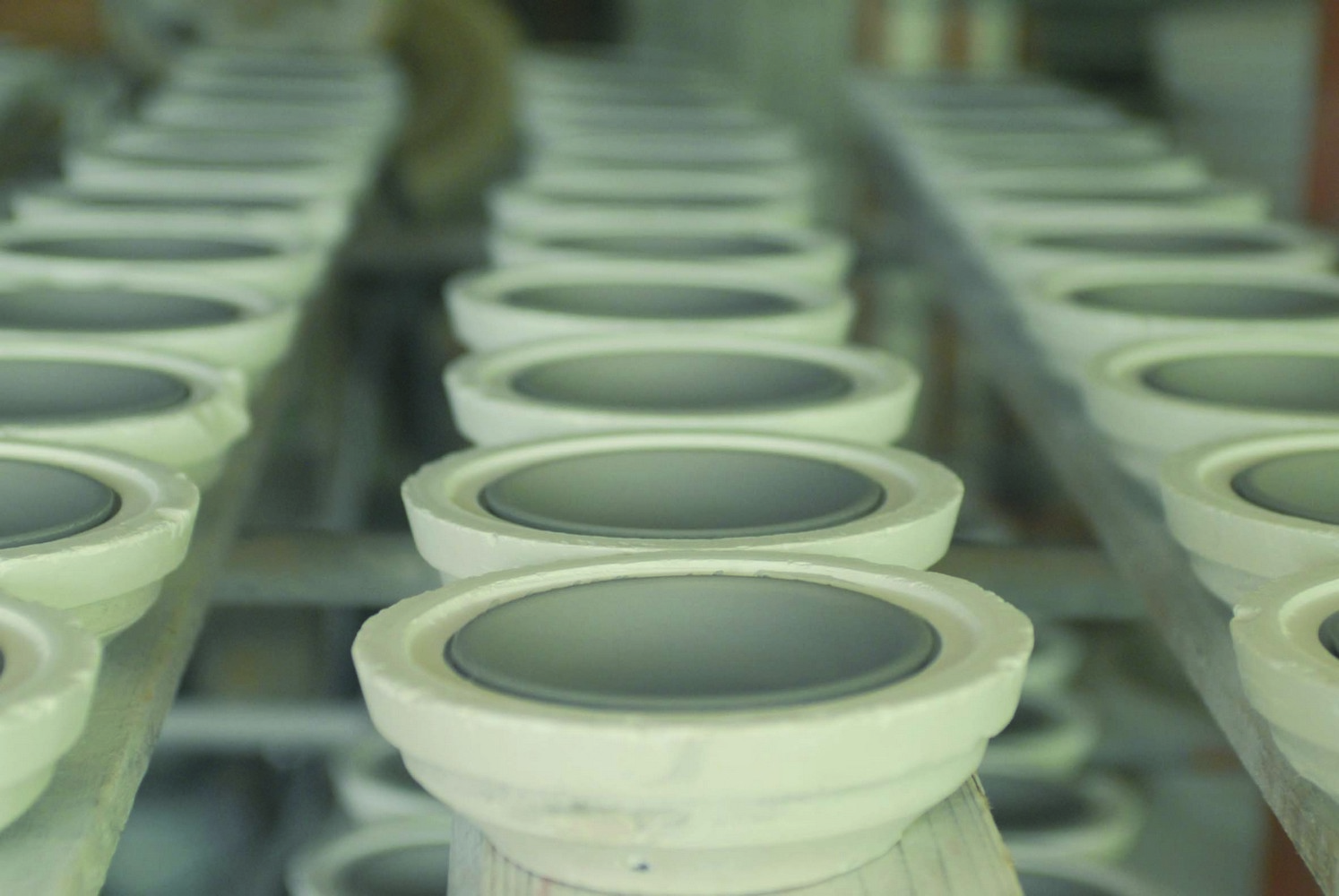
A normal household good may entail a sophisticated design process.
Being individually unearthed, the products embracing the beauty and designs of the general public are not less exquisite than other designer products, simply because they are all products of high-quality primeval designs which fully interpret lives.
This year, Found MUJI flew to Hong Kong to open its first overseas independent store masterminded and designed by Naoto Fukasawa. A space of Chinese culture is shaped by the wooden furniture of a heavy colour tone, the subtle and elegant brick walls and the long wooden Kung Fu benches… how warm and intimate it is!
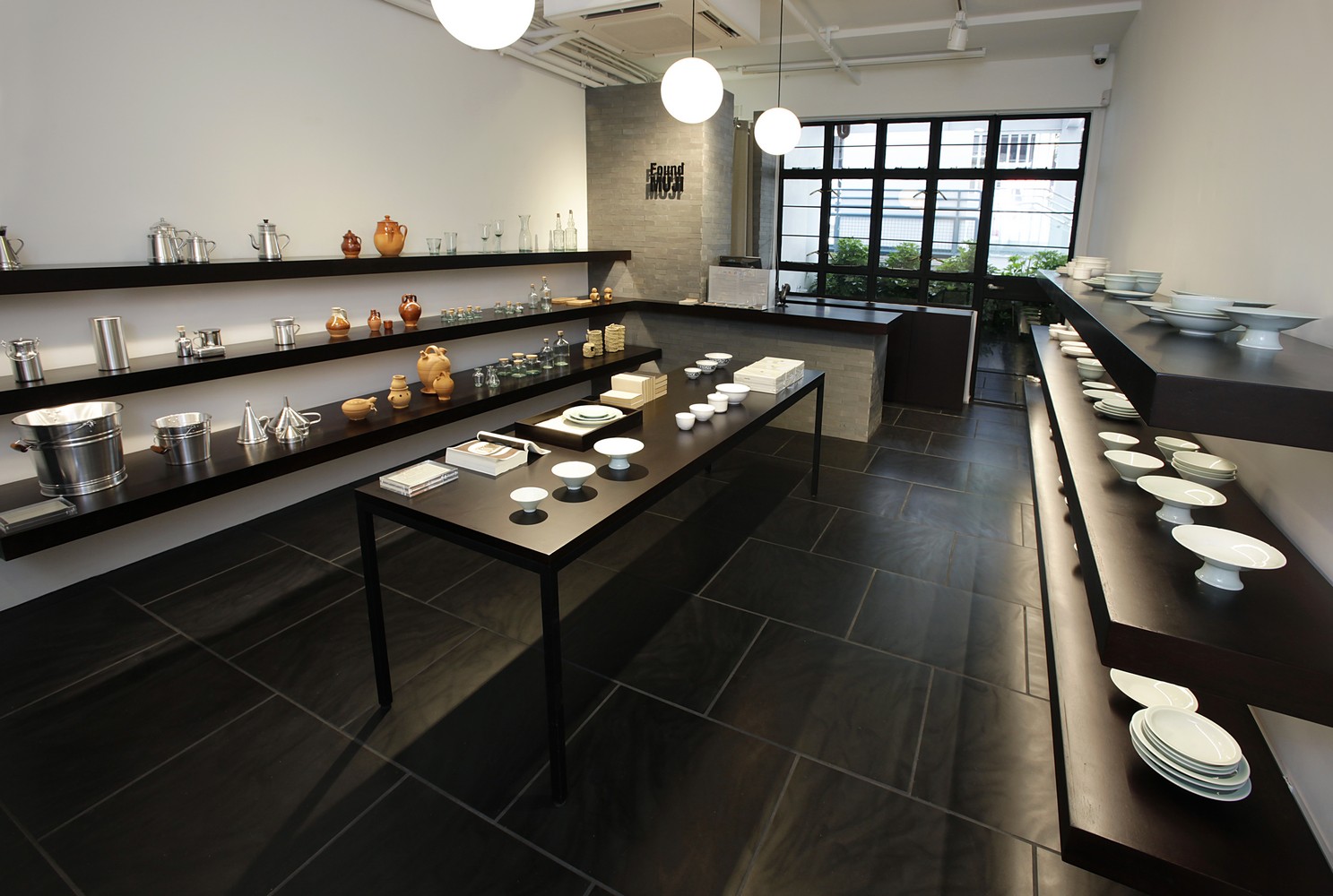
Found MUJI Hong Kong looks like a gallery exhibiting simple elegance.
The more remarkable is that the seeming gallery setting is substituted for the expected MUJI touch, aiming at every incoming customer to take time to enjoy each item on display.
Among these see the shiny Vietnamese Bat Trang ceramics made of the clay from the suburb of Hanoi; the bluish white porcelain produced in Town of Jingde, Jiangxi, PRC with reference to the pottery firing technique over a thousand years ago; the Spanish glasses and bottles reproduced with old juice and wine bottles; and the Spanish woven esparto baskets serving as natural freezers with water therein for chilling drinks.

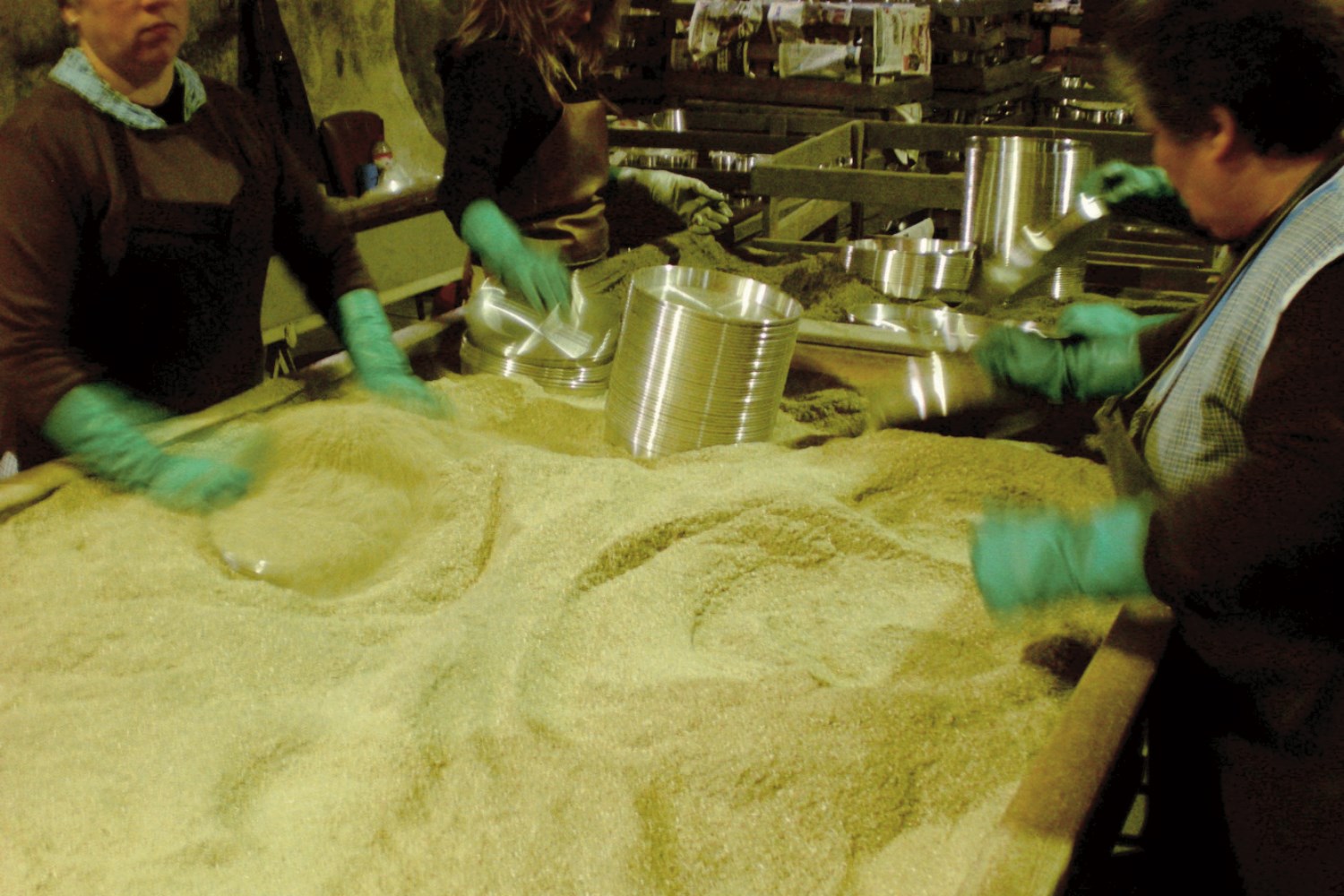
To optimize the use of materials, the leftover aluminum plates are made as handles and other accessories for new products from Portugal.
After careful selection, they are all durable daily necessities which reflect the living, culture and habits of certain peoples. A tiny grain of sand speaks, an utensil can even tell you a picture of the entire world.
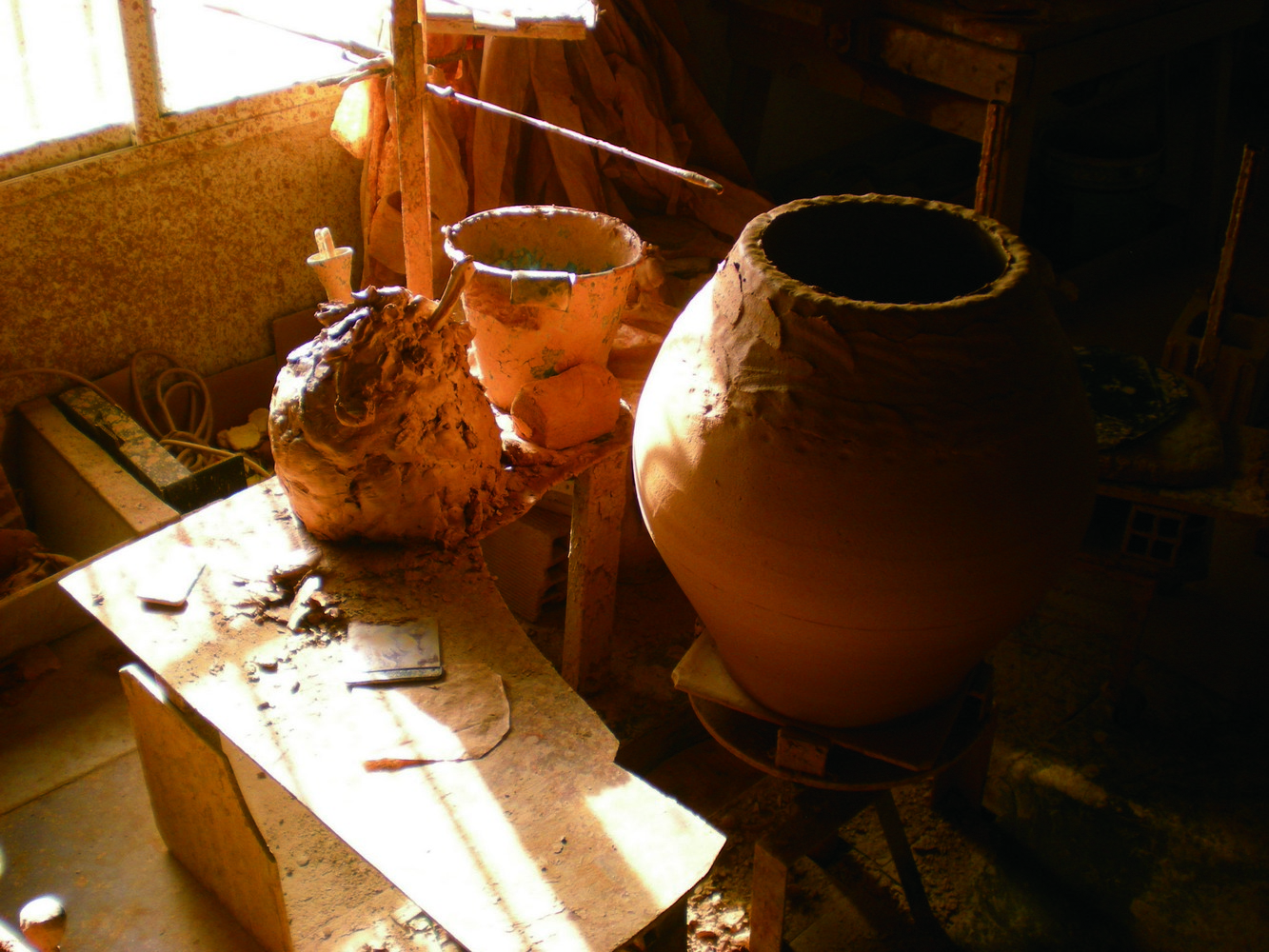
Back to the original – normal pieces for daily use see the priceless values of crafts.
Fine designs, be they in the past or at present, are always around in your life and last forever.
Address: Found MUJI, S107, 1/F, Staunton, PMQ

